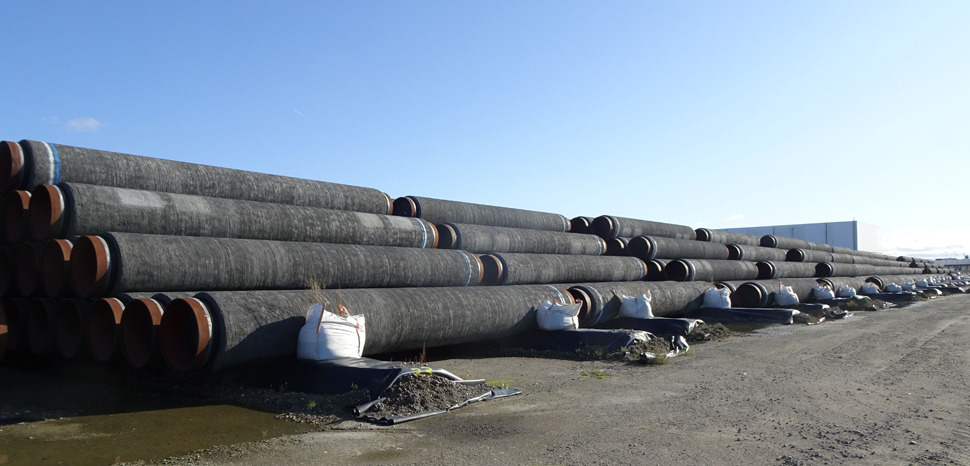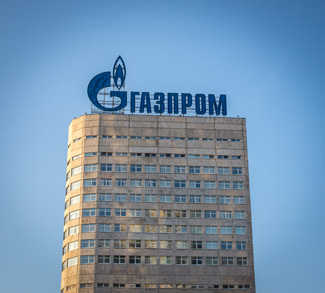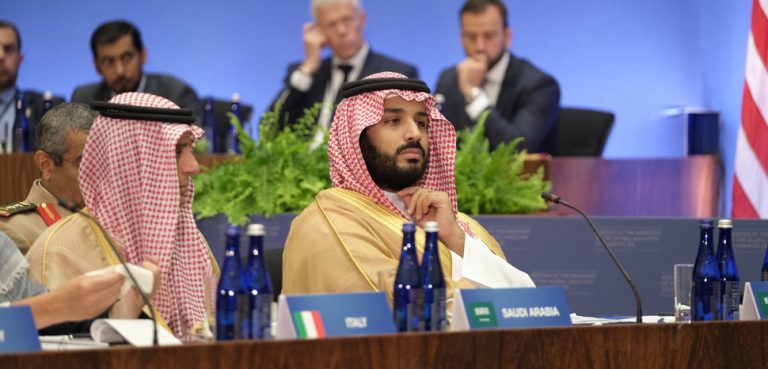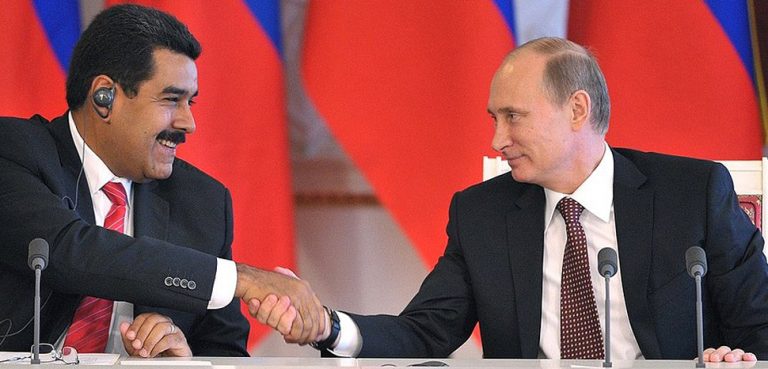Last week, President Putin announced that he is sending military support to Donetsk and Luhansk, the Ukrainian separatist regions. This statement was met by Chancellor Scholz declaring that the energy security decision on Nord Stream 2 will be re-assessed, thereby effectively halting the already-delayed certification process.
Since its inception, the Nord Stream 2 project has faced political opposition, and on multiple occasions the completion of the project was been obstructed, as the project was designed to divert gas away from the Ukraine transit route. These hurdles include US sanctions, delayed construction permits, and altered regulations.
The German decision might come as a surprise to some. The current German chancellor always supported Nord Stream 2, as did former Chancellor Merkel. Both have previously called for the depoliticization of the project.
However, Scholz indicated that Germany and the US agreed on actions if Russia invaded Ukraine. Admittedly, he refused to utter the words “Nord Stream 2,” but from his comments it could be deduced that the project was in the line of fire.
Chancellor Scholz’s decision is a relatively painless act for Germany and mostly symbolic, though it does represent a break in German attitudes towards the project.
The German government did not invest in Nord Stream 2, although commercial actors operating on the German market did. In 2020, these investors already seemed to accept the likelihood that their loans to the Nord Stream 2 consortium is lost.
Uniper mentioned that its loan to Nord Stream 2 might have to be written off, and Wintershall indicated in its annual report that “there are contractual provisions in place which limit the financial risk for the Group” in case the project does not become operational.
So the German costs of this decision is not that significant. Also, Russia seems unfazed by this decision, despite the project being high on Putin’s wish list. Gazprom sources highlighted that it has sufficient alternatives routes for supplying Europe and that it expects the project to still become operational in “three to five years.”
Later, President Biden piled onto the project’s recent misfortune by sanctioning the consortium behind the project, a Swiss-based Russian owned entity, and its corporate officers. Similar to the German decision, this did not pack a punch against Russia.
Despite these actions, it seems too early to call time of death on the project, but the future of Nord Stream 2 looks bleak at best.
A more impactful measure would be cutting Russian gas supply to the EU market altogether. However, this would also be a double-edged sword for Europe. The sheer volume of Russian gas consumed by the EU cannot be substituted in the short-term.
Non-Russian pipelines are already utilized at a high level and constructing new pipelines is a multi-year endeavor, and would make the EU dependent on other (authoritarian) countries for its gas demands.
LNG terminals lack the capacity to increase its imports to the required volumes and the majority of the excess capacity is located in Spain, which does not have the infrastructure to bring gas to countries dependent on Russian gas.
Another issue would be the associated high gas and subsequent power prices on the continent. Many European citizens and industry are already paralyzed by the current high prices, caused by (Russian) delivery shortages and high demand after the COVID recovery.
Targeting the Russian oil industry, which is far more profitable to the Kremlin, also seems unlikely. This would not only impact Europe, but have global repercussions. Additionally, in order for potential oil sanctions to become effective, a global stance is needed. And so far, China seems unwilling to impose them.
For the short-term, there might not be any effective energy measures in the EU’s toolbox for dealing with Russia’s defiance, which explains why the US and German focus instead on a Russian prestige project that did not supply a single gas molecule to the EU.
A mid-term solution to the EU’s energy sanctions conundrum could be ramping up its renewables development and improving energy efficiency. This would provide the only sustainable solution to easing Europe’s dependency on Russian energy and would in time hurt Russia’s most lucrative business, energy exports, without hurting EU consumers.
Moniek de Jong PhD does research on Nord Stream 2 and related topics at Ghent University. The views expressed are her own.
The views expressed in this article are those of the author’s alone and do not necessarily reflect those of Geopoliticalmonitor.com or any institution the author is associated with.




